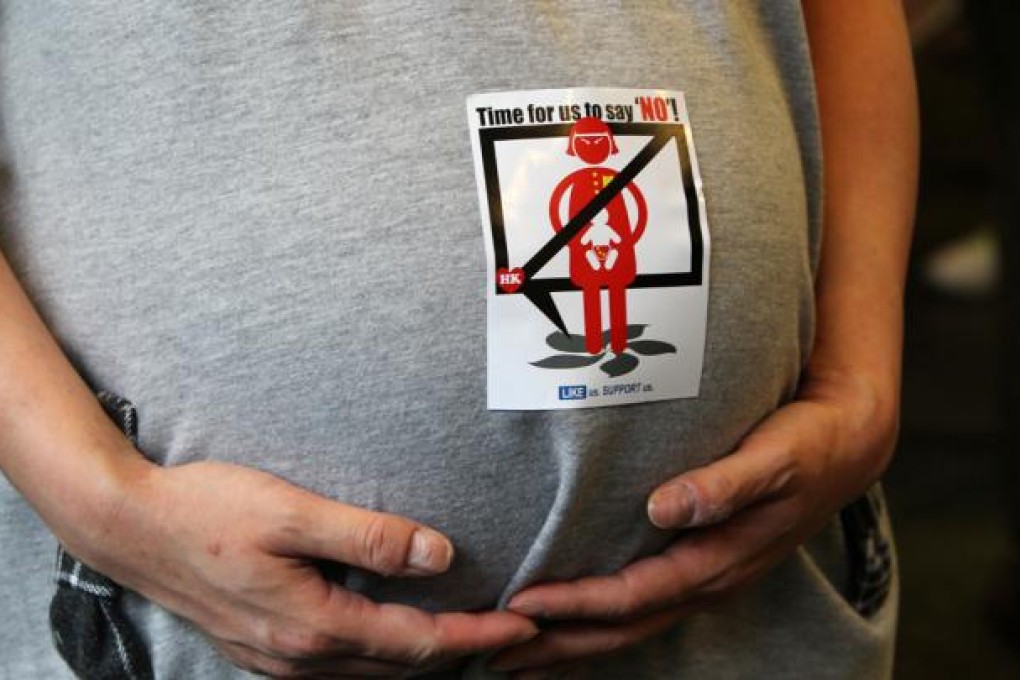
Tensions arising from an influx of mainland mothers giving birth in the city have apparently eased for the time being. Referring to a noticeable drop in September in the number of births without bookings, Chief Executive Leung Chun-ying hailed the measures he put in place as a success. The number of women gate-crashing emergency units without bookings has declined from the peak of some 170 a month late last year to 20 or so in September. The figures seem to suggest that administrative measures can control the problem.
With the zero-birth quota for non-locals taking effect from January, more mothers-to-be may sneak in and show up for birth at the last minute. The concerns are shared by private hospitals, which have stepped up measures to deter abuse of emergency facilities. For instance, Union Hospital is introducing a hefty surcharge up to HK$170,000. It will also report cases to the police to see whether middleman agencies have been involved. A woman, if found to have breached any condition of stay, is also liable to be prosecuted.
Undoubtedly, a zero-birth quota is an effective step to take. But it would be meaningless if non-locals can still abuse the emergency wards as a backdoor to gain the right of abode for their children born here. The new measures are the strongest signal yet that local hospitals are sparing no effort to co-operate with the government. It would be helpful if similar measures could be adopted by other hospitals. The government, too, should step up enforcement at the border. That 20-plus women still managed to slip through immigration checkpoints to give birth in September shows there is no room for complacency.
Leung is adamant that the matter still needs to be resolved through legal means. If that means an interpretation of the Basic Law from Beijing or asking the court to overturn its right of abode ruling more than decade ago, there is every reason to think twice. So far, the administrative measures appear to be working well. Any steps that may undermine the rule of law should be avoided.
